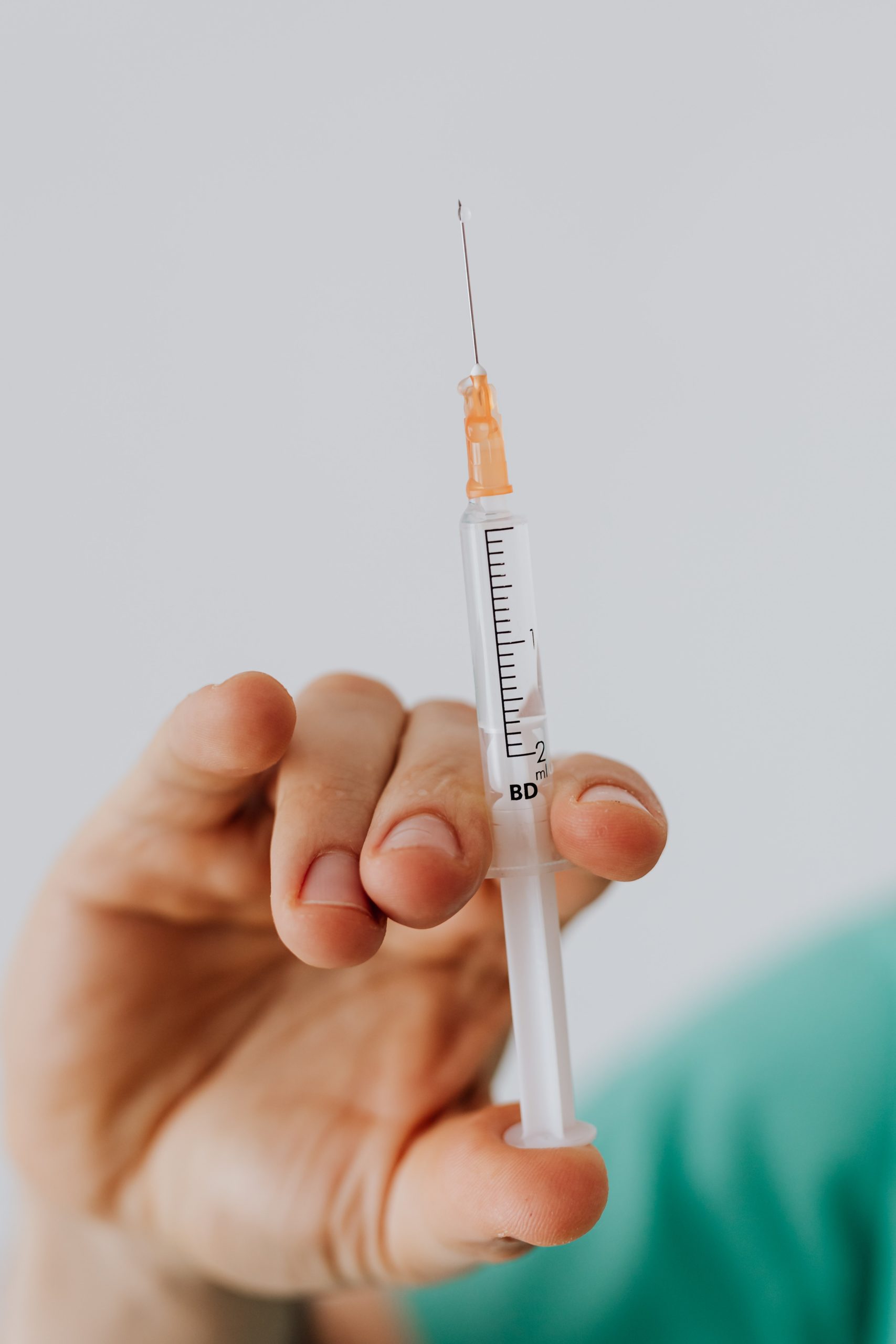Genital human papillomavirus (HPV) is the most common sexually transmitted virus in the United States. More than half of all sexually active men and women have been infected with HPV at some time in their lives. HPV is usually spread through sexual contact. Most HPV infections don’t cause any symptoms and go away on their own. But certain types of HPV can cause cervical cancer in women. Cervical cancer is the second leading cause of cancer deaths among women around the world. HPV is also associated with several less common cancers, such as vaginal and vulvar cancers in women and anal and oropharyngeal (back of the throat, including base of tongue and tonsils) cancers in both men and women. HPV can also cause genital warts and warts in the throat. There is no cure for HPV infection, but some of the problems it causes can be treated.
There is currently a vaccine that protects people from nine types of the HPV. This can prevent HPV infections in both males and females. This vaccine can prevent most cases of cervical cancer in females, if it is given before exposure to the virus. In addition, it can prevent vaginal and vulvar cancer in females and genital warts and anal cancer in both males and females. This protection from the HPV vaccine is expected to be long lasting. But vaccination is not a substitute for cervical cancer screening.
Women should still get regular Pap tests.The HPV vaccine should be given as a two-dose series if given between the ages of 9 through 14 years. A three-dose series should be given to people who initiate the vaccination at ages 15 through 26 years or for immunocompromised persons. The two-dose series is given as one dose now and the second dose six months after Dose 1. The three-dose series is given as one dose now; the next dose 1-2 months after Dose 1 and the third dose six months after Dose 1. Currently additional booster doses are not recommended.
Routine vaccination is recommended for girls and boys 11 or 12 years of age. It may be given as early as age 9. HPV infection is easily acquired, even with only one sexual partner. It is recommended for HPV vaccination prior to any sexual contact takes place. Also, response to the vaccine is better at this age than at older ages. Currently it is approved for both males and females age 9 through 26. It is also recommended for men through age 26 who have sex with men or whose immune system is weakened because of HIV infection, other illness, or medications. The HPV vaccine may be given at the same time as other vaccines.
There are some people who should not get the HPV vaccine or should wait. They are anyone who has ever had a life-threatening allergic reaction to any component of HPV vaccine or to a previous dose of HPV vaccine. Tell your doctor if the one being vaccinated has any severe allergies, including an allergy to yeast. The HPV vaccine is not recommended for pregnant women. However, receiving HPV vaccine when pregnant is not a reason to consider terminating the pregnancy. Women who are breastfeeding may get the vaccine. People who are mildly ill when a dose of the HPV vaccine is planned can still be vaccinated. People with a moderate or severe illness should wait until they are better.This HPV vaccine has been used in the U.S. and around the world for about ten years and has been very safe. However, any medicine could possibly cause a serious problem, such as a severe allergic reaction.
The risk of any vaccine causing a serious injury, or death, is extremely small. Life-threatening allergic reactions from vaccines are very rare. If they do occur, it would be within a few minutes to a few hours after the vaccination. Mainly, vaccinations can cause mild to moderate side effects. These do not last long and typically go away on their own. They include: reactions in the arm where the shot was given such as pain (about 8 people in 10) and redness or swelling (about 1 person in 4); fever of 100° F (about 1 person in 10) and 102° F (about 1 person in 65); headaches (about 1 person in 3) and fainting. Brief fainting spells and related symptoms (such as jerking movements) can happen after any medical procedure, including vaccination. Sitting or lying down for about 15 minutes after a vaccination can help prevent fainting and injuries caused by falls.
Tell your doctor if the patient feels dizzy or light-headed or has vision changes or ringing in the ears. Signs of a severe allergic reaction can include hives, swelling of the face and throat, difficulty breathing, a fast heartbeat, dizziness, and weakness. These would start a few minutes to a few hours after the vaccination. If you think it is a severe allergic reaction or other emergency that can’t wait, call 9-1-1 or get the person to the nearest hospital. Otherwise, call your doctor. Afterward, the reaction should be reported to the Vaccine Adverse Event Reporting System (VAERS). Your doctor might file this report, or you can do it yourself at www.vaers.hhs.gov or by calling 1-800-822-7967.
Melissa Waddell, WHNP, is a nurse practitioner at Atlantic Ob/Gyn. Please call 757-463-1234 or visit www.atlanticgyn.com.

